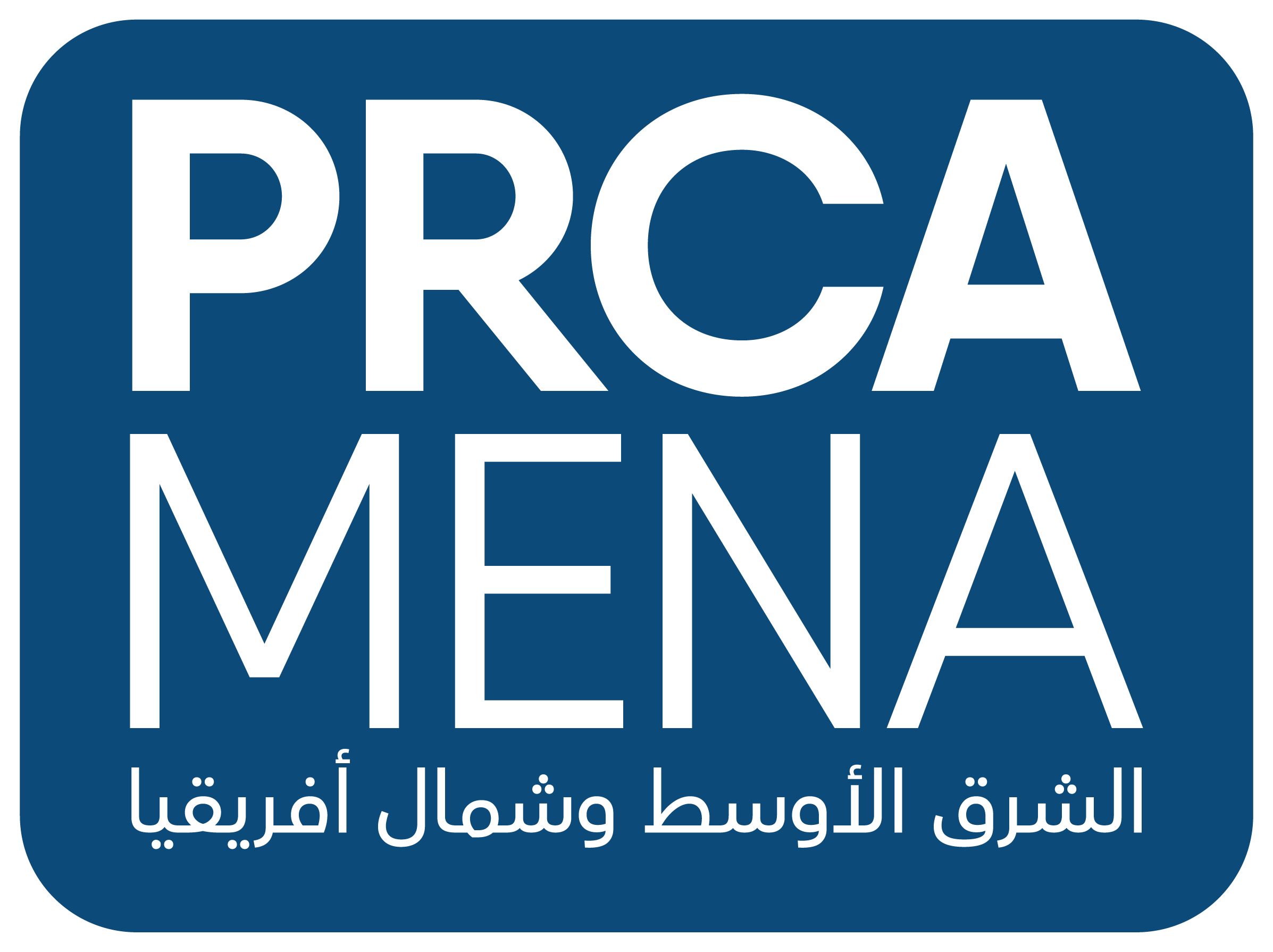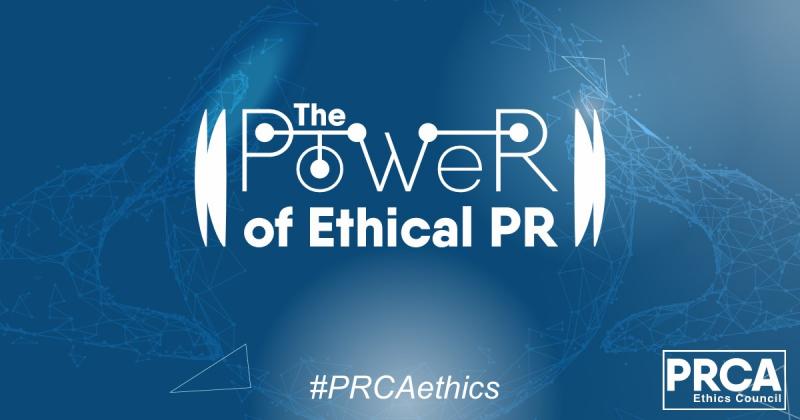PRCA Ethics Month – How intelligent communications can tackle misinformation and fake news
PRCA Ethics Month – Reem Al-Ajeel | Instinctif Partners MENA
Misinformation is everywhere. Many of us may think we can identify ‘fake news’, however, an estimated 63 per cent of people cannot distinguish facts from fiction in the media. The rise of social media as a primary news source has further escalated the power and influence of misinformation.
The implications of misinformation are extremely broad and have direct impact on society. As communication professionals, how can we, and the organisations we represent, truly safeguard from falling victim to consuming and sharing incorrect and potentially harmful information?
With smart and insight-driven communications, we can infuse real information when communicating some of the most challenging topics across the world. This has the power to not only position organisations as leaders, but shape policy and individual behaviours.
Firstly, we need to encourage action-led contributions, where organisations invest in research and expertise of their chosen focus area. For example, for organisations that want to engage with the next generation, superficial communications won’t cut it; and in turn can have a negative impact on the brand’s reputation. From gender and racial inequality, to Covid-19, many of us have become desensitised to repetitive content – we want to see action. Digital and integrated strategies are becoming increasingly important, however, for brands to truly improve credibility and engage with trending topics, a re-tweet or social media post is not enough. The increasingly critical audience is a good thing. It should push organisations, individuals, and communications professionals to work harder; ask uncomfortable questions and ensure well-researched strategies. Contribution should be meaningful, ethical, impactful, and importantly measurable
Secondly, to tackle misinformation, we need to invest in data. Organisations must invest in research to contribute facts. To turn insights into action, organisations must understand the challenges and barriers faced by their key audience groups. In doing so, organisations, independently or through partnerships, have the ability to lead change and cement their position as thought-leaders. This is particularly important for companies aligned with Government agendas; to invest in national data collection and also to find implementable solutions to meet national goals.
At the same time, informed by accurate and reliable information, we are better prepared to deal with the impact of misinformation against the organisations or industries that we work in. For example, the anti-vaccination movement and promotion of content that instils distrust in pharmaceutical companies, can have a detrimental impact across the industry. Communications professionals working within the sector, must intelligently tackle this through insight-driven and evidence-based information. To change behaviours, and instil trust, organisations must disseminate informed and credible content.
Additionally, communication is a two-way street. To truly battle misinformation, invite your audience to communicate with your brand directly, to question content and to promote transparency.
The rise of ‘fake news’ is not expected to reduce in the near future. Social media organisations have come under fire for their lack of regulations when it comes to misinformation and their willingness to remove content. However, it is important that we continue to drive well-researched strategies and content to reduce the spread of misinformation and shape credibility and trust.




